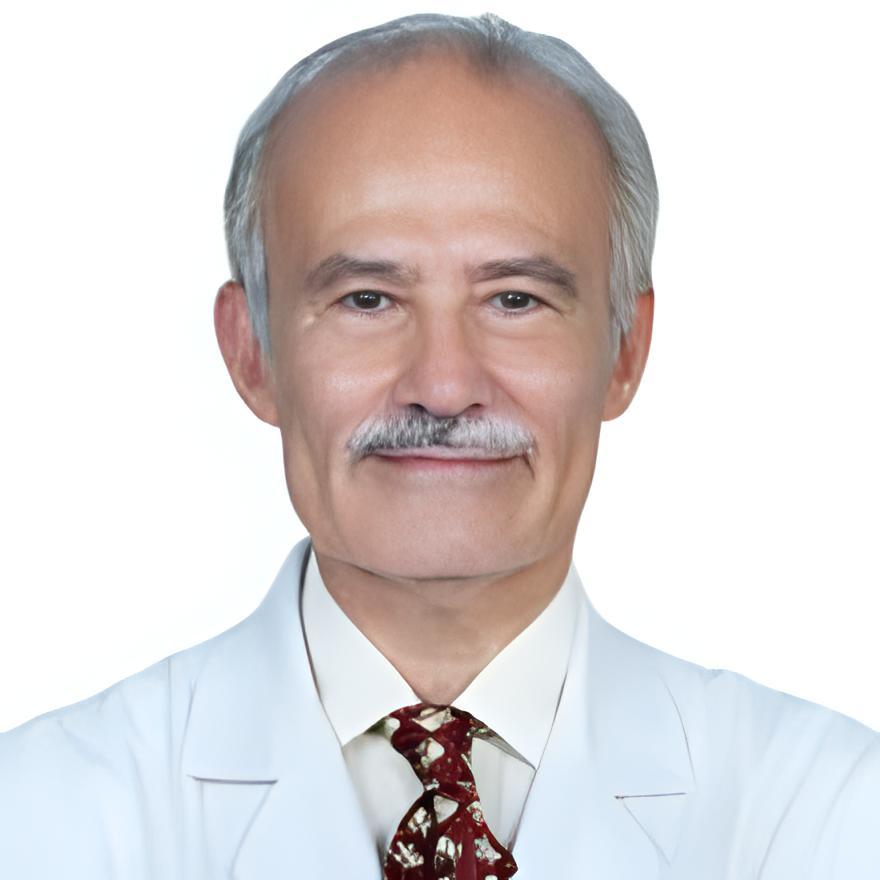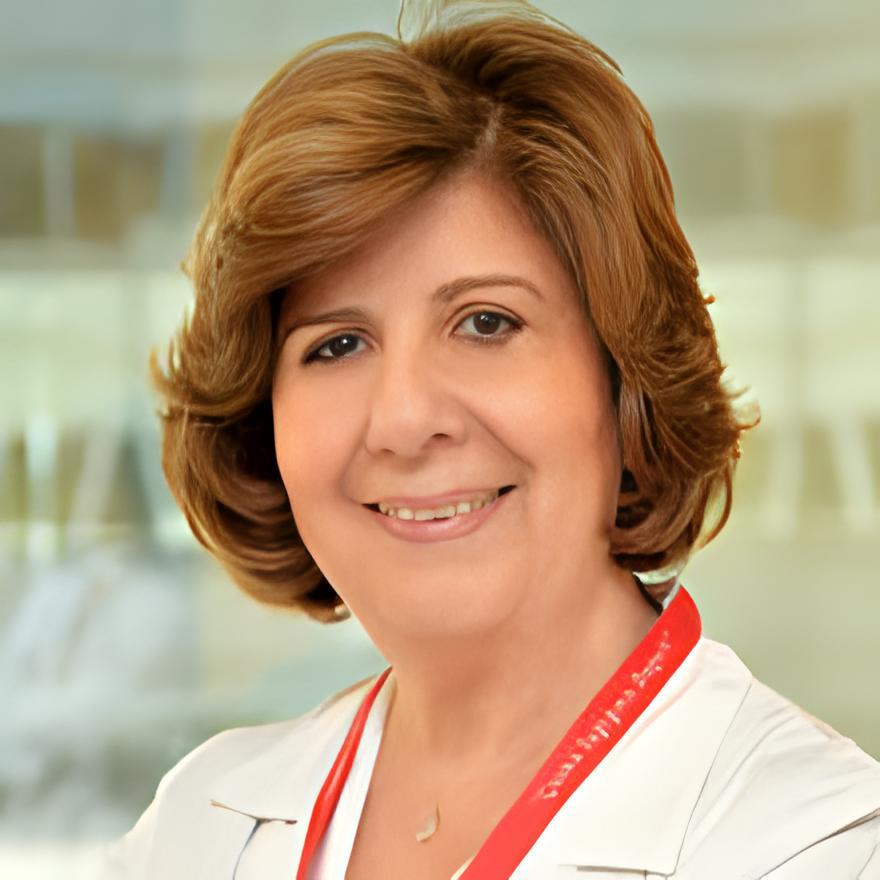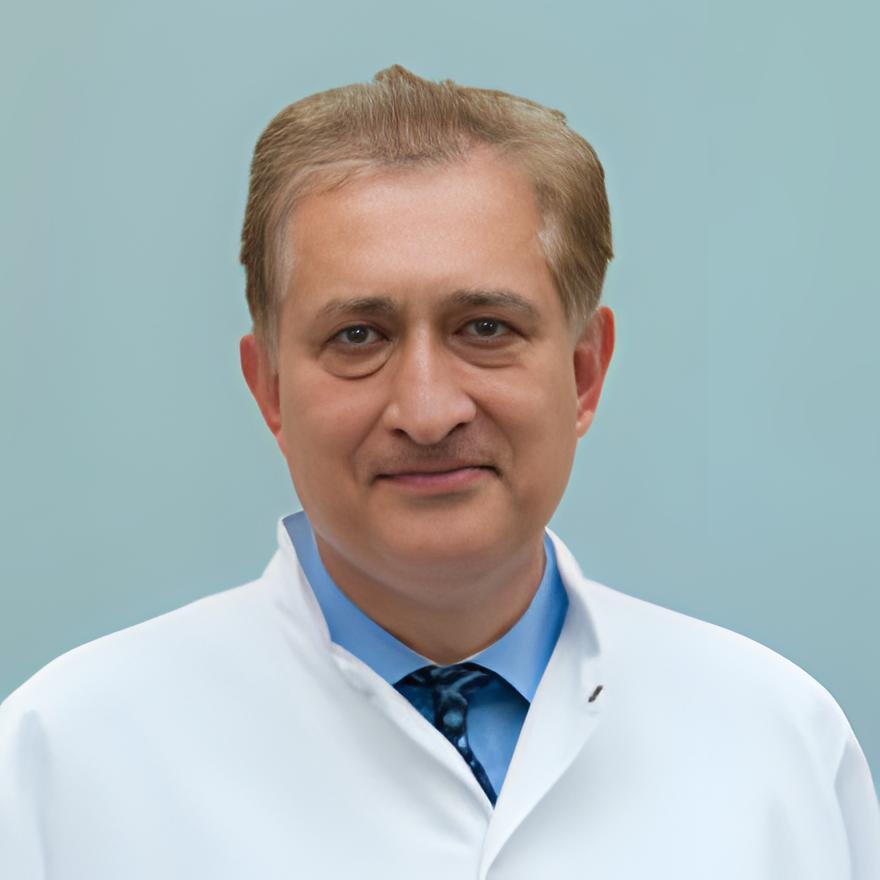Multiple Sclerosis Guide

90% of people with MS have trouble walking within ten years of diagnosis.
About 15% of multiple sclerosis patients have a family member with it.
75% of MS patients are women, but it is more aggressive in men.
Every second multiple sclerosis patient suffer from pain at an early stage.
 A little of how the nerves work
A little of how the nerves work
The central nervous system (CNS) is in charge of our conscious and unconscious actions, like moving and reacting to things like sight, touch, and sound. It controls these functions by sending signals from electrical impulses along nerve fibers to the right places.
The wires are protected and coated by insulation. The sheath protects nerves and insulates their fibers in a way similar to wires in the cable.
 What is multiple sclerosis?
What is multiple sclerosis?
 Multiple sclerosis is a disease that causes scars (sclerosis) to form in parts of the brain and spinal cord. Patches of an inflammatory process caused these scars. Inflammation is the leading cause of nerve fiber damage and sudden onset of symptoms called an attack, exacerbation, or relapse.
Multiple sclerosis is a disease that causes scars (sclerosis) to form in parts of the brain and spinal cord. Patches of an inflammatory process caused these scars. Inflammation is the leading cause of nerve fiber damage and sudden onset of symptoms called an attack, exacerbation, or relapse.
The inflammation hurts the "insulation material" myelin sheath that covers nerve fibers. Still, it breaks the nerve fibers.
"Demyelination" is a term that doctors frequently use to describe the typical damage caused by MS. The severity of the symptoms depends on where the inflammation (or lesion) is and, in part, on what is and how bad it is.
Multiple sclerosis affects the nerves in the brain, spinal cord, and eyes. It's hard to see, maintain balance, control the muscles, and move around when someone has this disease.
Due to the National Institute of Neurological Disorders and Stroke, multiple sclerosis is the most common neurological disease that makes young people unable to work. It mostly strikes people in their 20-40s. About 2.5 million people worldwide have this disease, and the number of cases keeps increasing.
 What are the causes and risks of MS?
What are the causes and risks of MS?
Doctors and researchers still don't know what causes the illness.
Both environmental and genetic factors are significant, but how they work together to cause localized inflammation that comes and lasts for a long time is still being determined.
MS is considered an autoimmune disease by most scientists. In this case, the body's immune system attacks its tissue, in this particular instance, the myelin sheath that defends the nerve cells, but this has never been proven.
Long been thought, but not proven, to be a reaction to a virus hiding in the CNS.
MS is not a disorder that is passed down from parent to child in a direct way.
The higher risk of multiple sclerosis in close relatives is not caused by a single gene but by several genes whose functions are poorly understood.
A virus infection early in life that affects the immune system in a way that lasts a long time could be a cause of multiple sclerosis. But none of the many viruses considered to be involved can be linked directly at this time.
Who are at risk?
MS is more likely to happen at:
- Certain age. Symptoms usually appear in young adults, with a peak in the early 30s.
- Women are about three times as many affected by MS than men.
- Caucasians: People with roots in Northern Europe are more likely to have MS than any other race.
- Climate. MS is more common in people who live in cold climates.
- People with a close relative with MS have a slightly higher chance of getting it. Having a mother, father, or sibling with MS raises the chances of getting it from about 1 in 1,000 to 30 in 1,000. But it's important to remember that most people who have a first-degree relative with MS do not get it themselves.
Multiple sclerosis is not contagious or infectious, so anybody can't get it from being close to people who have it.
Can we prevent MS?
People close to someone with MS may wonder how to prevent it. There's no cure for MS yet. But changing the lifestyle can lessen the risk. It's:
- Vitamin D boosts the immune system. Sunlight can lower risk in half, according to studies. Adults, especially patients’ relatives, should have 5,000 IU of vitamin D3 daily.
- Limit processed foods and saturated fats and eat more fruits, vegetables, healthy grains, and lean proteins.
- Fitness: Exercise can't stop MS, but it can keep you in shape, enhance your heart health, and boost your immune system.
- Relaxing: Some research demonstrates that lowering stress can prevent MS. Yoga, meditation, and massages are natural stress relievers.
- Quit smoking to prevent MS and other significant illnesses.
Multiple Sclerosis is less likely among persons who drink more than 30 ounces of coffee daily, according to research. In another study, red wine resveratrol lowered brain inflammation, which could rebuild myelin.
 Early multiple sclerosis symptoms
Early multiple sclerosis symptoms
The interruption of nerve signals causes the main MS symptoms, and they differ based on where the damage is. Some will come and go as the condition progresses, while others may last longer.
Some signs are seen a lot more than others:
- Bladder problems. At least 80% of persons with MS have issues with their bladder, which doctors can usually deal with quite well.
- Intestines issues. People with MS are apprehensive about constipation and losing control of their bowels. There can also be diarrhea and other difficulties with the stomach and bowels.
- Fatigue is one of the most common MS symptoms in women. About 80% of them have it. Fatigue can make it hard for a person to work properly at home and in the workplace.
- Pain. Patients with MS often have pain syndromes. 55% of them had "clinically significant pain" at some point. Almost half had pain that didn't go away.
- Speech. 25–40% of MS patients have problems with their speech or voice, especially during relapses. Slurring, mispronouncing words, hoarseness, breathiness, nasality, and inability to control the pitch of the voice occur.
- Swallowing is trouble because of nerve damage in the mouth and throat muscles. Food and liquids can get into the airway and lungs, making the person cough and choke. Aspiration pneumonia can result in complications.
- Memory, thinking. MS people often struggle to concentrate, find the right words, and remember names. Problems with the mental process are called cognitive dysfunction. 50% of MS patients experience cognitive issues.
- Vision. Multiple sclerosis often begins with vision problems. The unexpected onset of double vision, low contrast, eye pain, or heavy blurring is alarming, and MS patients may worry about their eyesight.
- Emotional changes are typical in MS. Patients and their families face severe melancholy, mood swings, impatience, and spontaneous laughing and crying (pseudo bulbar effect).
 Diagnostic process
Diagnostic process
There is no way to be sure if someone has multiple sclerosis. First, a medical professional, usually a neurologist, gives the brain and nervous system a checkup. Then, more tests are given to figure out what's wrong, such as:
- Blood tests help doctors determine a person's health and rule out other diseases with similar signs.
- The MRI scan is a painless, non-invasive test that gives detailed pictures of the brain and brainstem. MRI is excellent for identifying MS plaques or scars in CNS. Other disorders can cause MS-like CNS lesions; therefore, an MRI alone doesn't identify MS. Some healthy people can have MS-like brain spots. A normal brain MRI does not rule out MS.
- Optical coherence tomography scan (OCT): This test takes a picture of the nerve layers at the back of the eye to see if they are getting thinner around the optic nerve, which is a typical sign of MS.
- A spinal tap, also called lumbar puncture, is a test that looks for problems in the cerebrospinal fluid. Doctors can use it to rule out infectious diseases and look for problems in people with multiple sclerosis.
- The visual evoked potential test (VEP) controls the brain's electrical response to visual, auditory, and other stimuli. The study checks to see if the patient's different brain parts send messages slowly.
A definite diagnosis of multiple sclerosis can take time since the doctor must rule out other neurological reasons.
Where to go to treat MS?
 Methods of care
Methods of care
Multiple sclerosis is a disease that doctors can't fully cure yet. Still, there are ways to deal with symptoms and improve quality of life. The following are parts of the treatment:
Therapy for the attack:
- Corticosteroids are given to reduce nerve inflammation. Some side effects may include sleeplessness, high blood pressure, high blood sugar, mood swings, and fluid retention.
- Plasma transfer (plasmapheresis). Plasma is isolated from blood cells. After mixing with a protein solution, blood cells are reintroduced. Plasma exchange is utilized if new symptoms don't improve.
Therapy to slow or stop progress depends on the MS form.
For example, Disease-modifying treatments give many benefits to patients.
MS initially causes most of the immune response. As soon as possible, vigorous treatment with these medications can reduce relapses, delay new lesion formation, and possibly reduce brain shrinkage and impairment.
MS treatments that alter the disease's course carry substantial health concerns. Choosing the proper therapy depends on numerous factors. The length and severity of MS, how well the past MS therapies worked, other health problems, the cost, and life plans like having children.
There are injectable and oral MS treatments. Among them are interferon beta medications, immune attack blockers, relapse reducers, and progress stoppers.
Therapy for MS signs and symptoms.
Meds like muscle relaxants for uncontrollable muscle stiffness or spasms, fatigue reducers, and many others, depending on the symptoms: depression, pain, sexual dysfunction, insomnia, and issues with controlling the bladder or bowels. Doctors can treat all these problems with medicine.
Non-drug options include:
- Adaptive devices are external devices that can help change or control the amount of shaking.
- Physical therapy involves showing a person with multiple sclerosis how to stretch in a way that helps their condition. It helps relieve pain and gives you exercises to strengthen muscles that have gotten weak and get you moving again. Physical therapy and, if needed, a walking aid can help with leg weakness and other walking problems.
- Occupational therapy can help a person with multiple sclerosis adjust to life at work and in social situations. Also, this type is meant to help people live independently and move around.
- Speech therapy involves reducing the effects of MS on the volume and clarity of speech and teaching the patient how to speak and communicate in a new setting.
- Psychotherapy and counseling: People with MS are more likely to be depressed and anxious because they have a long-term illness. Psychotherapy can help people get back in touch with their friends and learn how to deal with physical and emotional pain.
What clinics offer modern MS treatment?
 New treatment options
New treatment options
Drugs that the FDA approved can slow or stop the disease from worsening. Also, new experimental treatment options, primarily pharmaceuticals, are being made all the time. Some of these new drugs are:
- Ponvory is the active drug that stops leukocytes from attacking the nerves' protective sheath. Cells also can't leave the lymph nodes because of the drug. So, it prevents them from getting to the brain and spinal cord and limits what they can do.
- Ocrevus, one of the most recent infusion therapies, goes after immune cells that attack myelin, which protects nerve cells, and is used to treat the disease when it comes back.
- Lemtrada helps prevent MS relapses by focusing on an immune cell surface protein and reducing the number of white blood cells. This effect can lessen the damage to nerves. Lemtrada is usually given to people with severe MS or those who have tried and failed to get better with another MS drug.
Mesenchymal stem cells are a promising treatment. These cells can stop inflammation and immune cells from overworking and attacking self-neurons. It is a therapy for people with relapsing-remitting multiple sclerosis that is still being tested.
Existing treatments slow or stop the disease from worsening and improve the quality of life. Still, new treatments promise to heal the damage caused by disease.
Who can help with MS treatment?
 Statistics and prognosis
Statistics and prognosis
When someone has multiple sclerosis, do they lose days of life? Scientists looked at people with and without multiple sclerosis in a large study published in the journal Neurology. The study found that people with multiple sclerosis lived an average of 75.9 years, while people without the disease lived an average of 83.4 years.
The National Multiple Sclerosis Society says that within ten years of being diagnosed, 90% of people with MS have trouble walking, 95% have chronic fatigue, 86% have constant pain, and 79% are more likely to have depression and other mental disorders.

MS is a disease that lasts a person's life. AiroMedical specialists have helped people with multiple sclerosis for a long time. They've helped people choose individual therapies. You can share your problems online with us and get a unique solution.
References:
- AJMC: Improving Quality of Life in Multiple Sclerosis: An Unmet Need
- European Medicines Agency: Ponvory
- Verywell Health: Experimental Therapies for Multiple Sclerosis (MS)
- NHS: Treatment - Multiple sclerosis
- WebMD: What Is Multiple Sclerosis?
- National Multiple Sclerosis Society: Understanding Multiple Sclerosis (MS)

















